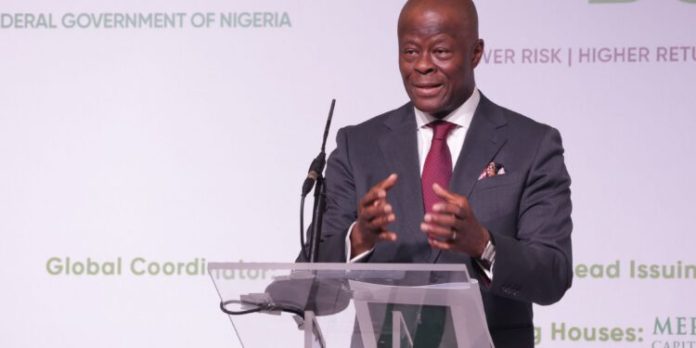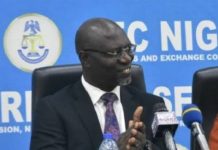Nigeria’s Finance Minister and Coordinating Minister of the Economy, Wale Edun, has revealed that the country’s increased revenue for 2024 is being strategically directed towards social intervention programmes aimed at improving citizens’ living standards.
These efforts target 60% of the poorest population, with plans to reach 20 million individuals.
Speaking during the 30th Nigeria Economic Summit in Abuja, Edun outlined the government’s fiscal reforms and its strategy to boost economic growth, reduce inflation, and create jobs.
He noted that Nigeria’s revenue for the first half of 2024 reached over N9.1 trillion, more than double the N4.06 trillion generated in the same period last year. This growth, driven by technological advancements in revenue collection, is being channelled into critical social programmes.
“The government’s revenue mobilisation started domestically. By applying technology robustly, we doubled aggregate revenue in the first half of the year,” Edun stated.
He highlighted how these funds are being used to support vulnerable households through direct cash transfers, with over four million households already benefiting. The programme aims to expand support to 15 million households in the near future.
The minister also emphasised key sectors driving economic growth, including agriculture, oil, and manufacturing.
According to him, increased food production is central to reducing inflation and lowering the cost of living. In the oil sector, recent reforms have attracted significant investments, including $10 million from ExxonMobil, while Nigerian manufacturers have committed $4.2 billion to boost the economy.
Additionally, Edun discussed government initiatives like the student loan scheme, consumer credit for workers, and grants to support small businesses.
In agriculture, N75 billion in grants and loans is being provided to assist one million small enterprises, while larger companies are receiving up to N1 billion per firm to ease production costs, especially in the wake of foreign exchange challenges.
Edun reassured the public that President Bola Tinubu’s administration is committed to using the increased revenue from improved oil production and macroeconomic reforms to fund a wide range of social investment programmes.
World Bank Country Director for Nigeria, Ndiamé Diop, also commended Nigeria’s fiscal reforms. Diop noted that the country’s revenue-to-GDP ratio is improving, a critical step in stabilising the fiscal deficit and ensuring sustainable economic growth.













